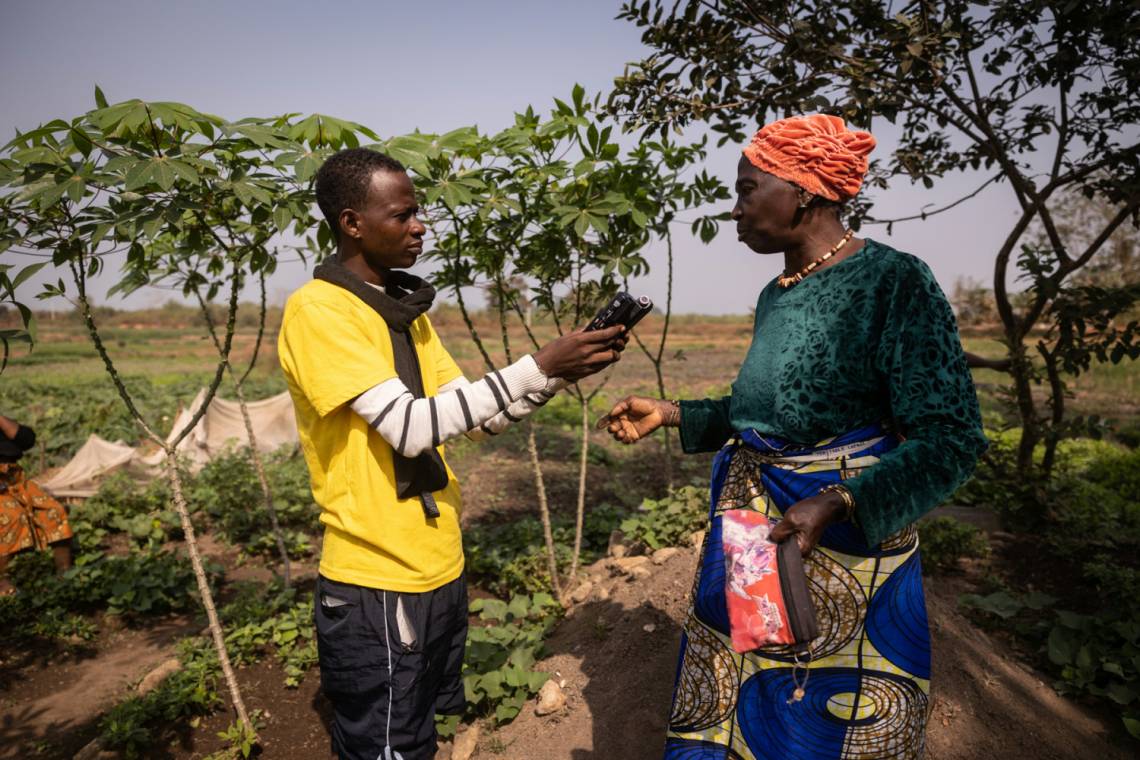Populations in many of the countries where we work are dangerously exposed to the effects of climate change, and Fondation Hirondelle believes that our media can - and must - be part of the solution.
In places gripped by war and political instability, climate change acts as a threat multiplier, exacerbating existing social tensions and conflicts over scarce resources like water and arable land. A significant portion of populations in regions such as the Sahel and central Africa relies on agriculture for their livelihood, but climate change-induced factors such as erratic rainfall, prolonged droughts and extreme weather events threaten crop yields, livestock, and overall food security. Communities lacking robust infrastructure and resources are ill-prepared to withstand and recover from climate-related disasters, meaning that some people have no choice but to leave their homes in order to stay alive.
In short, climate change is increasing poverty, migration and violence, as well as worsening a vast spectrum of problems, from malaria to social inequality. Indeed, low-income communities and marginalized groups bear the brunt of climate change impacts. They also often lack access to crucial information about climate change adaptation strategies, early warning systems, and available resources to help them cope. This information gap exacerbates their vulnerability.
In 2024 and beyond, we aim to keep the spotlight on climate issues, providing accessible, localised journalism to raise awareness of problems and inspire locally-appropriate adaptation and mitigation measures (for example, see this item on from our Burkina Faso team on sorghum, a crop which resists the effects of climate change better than others).
Journalists must amplify the voices of those who are worst-affected (as per this report on water access) and hold to account those with power, from the decision-makers to the big polluters, including through coverage and debate around events such as Africa Climate Week and the COP. Our specialist site on transitional justice, Justice Info, will keep audiences abreast of advances in climate justice, such as the recognition of marginalized communities' rights, equity in climate action, and legal efforts holding polluters accountable for environmental harm.
To help us in these efforts, specialists in climate change journalism – men and women – will be providing training and coaching for all our local teams, which we hope to extend to other media in the most vulnerable regions. Recognising that impactful coverage draws on a mix of scientific understanding, practical know-how and in-depth knowledge of local realities, we are seeking funding and partnerships to strengthen our impact, in the hope that together we can create a world that is better-informed and equipped to tackle the devastating consequences of climate change.
Jacqueline Dalton, Head of Editorial Content




